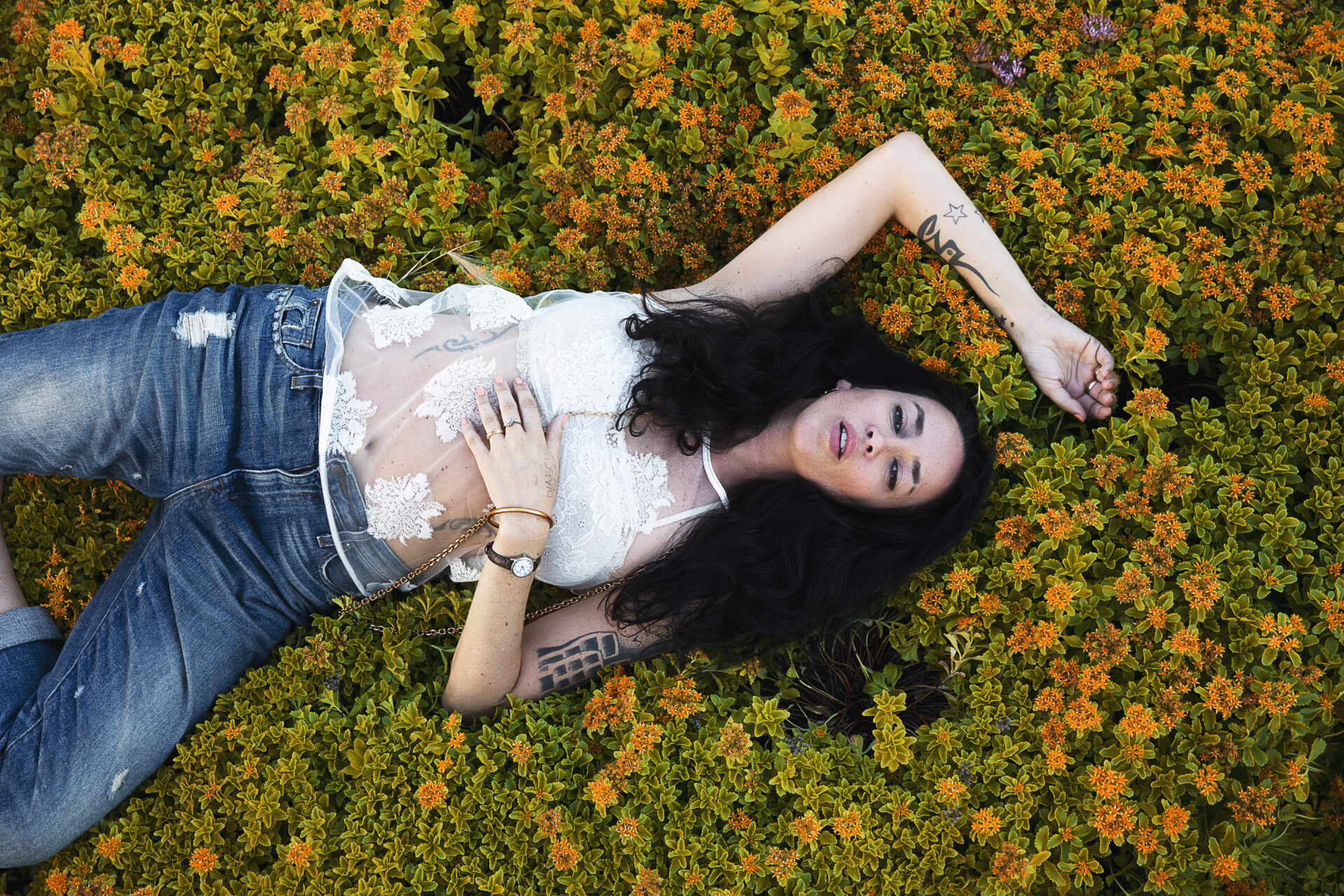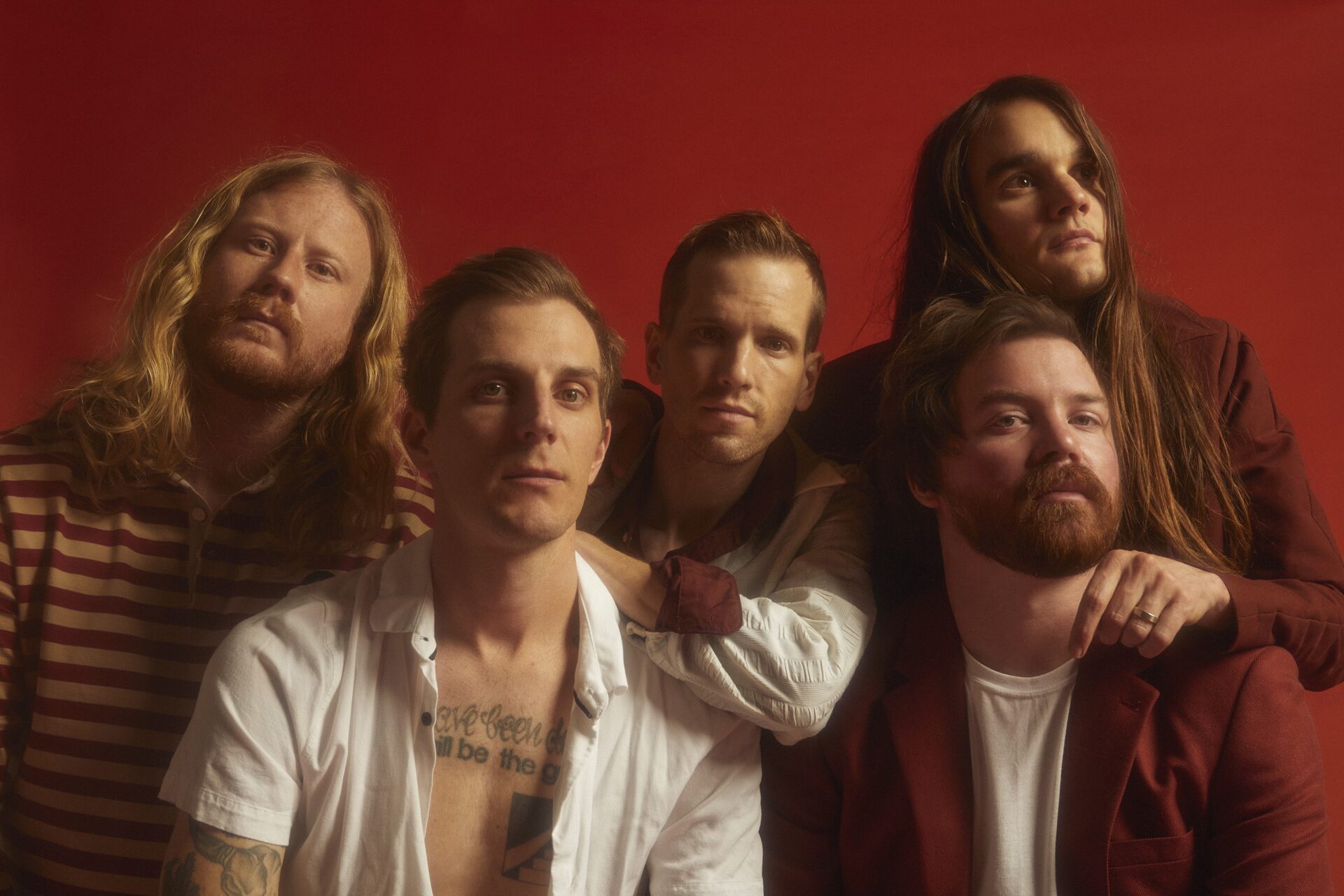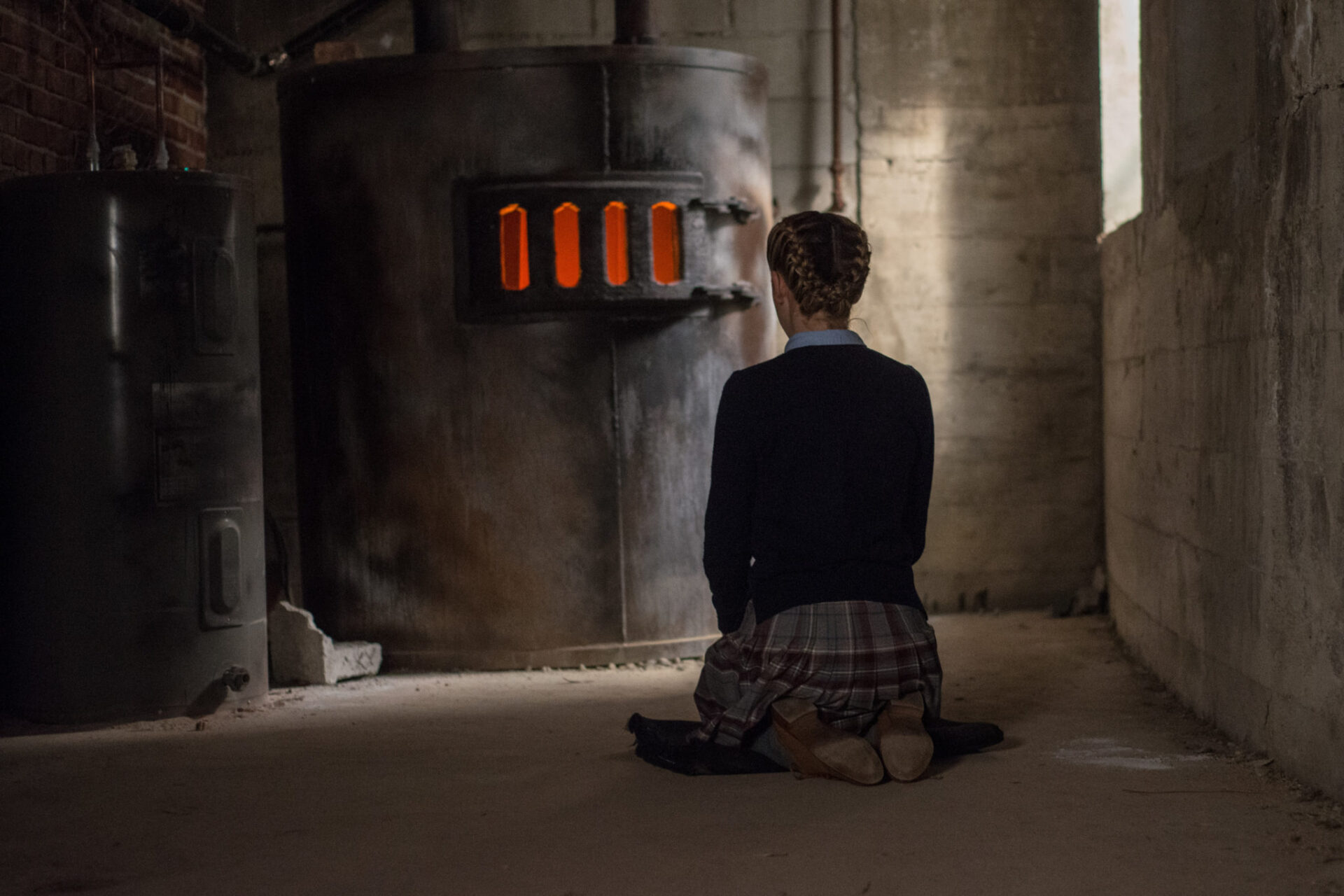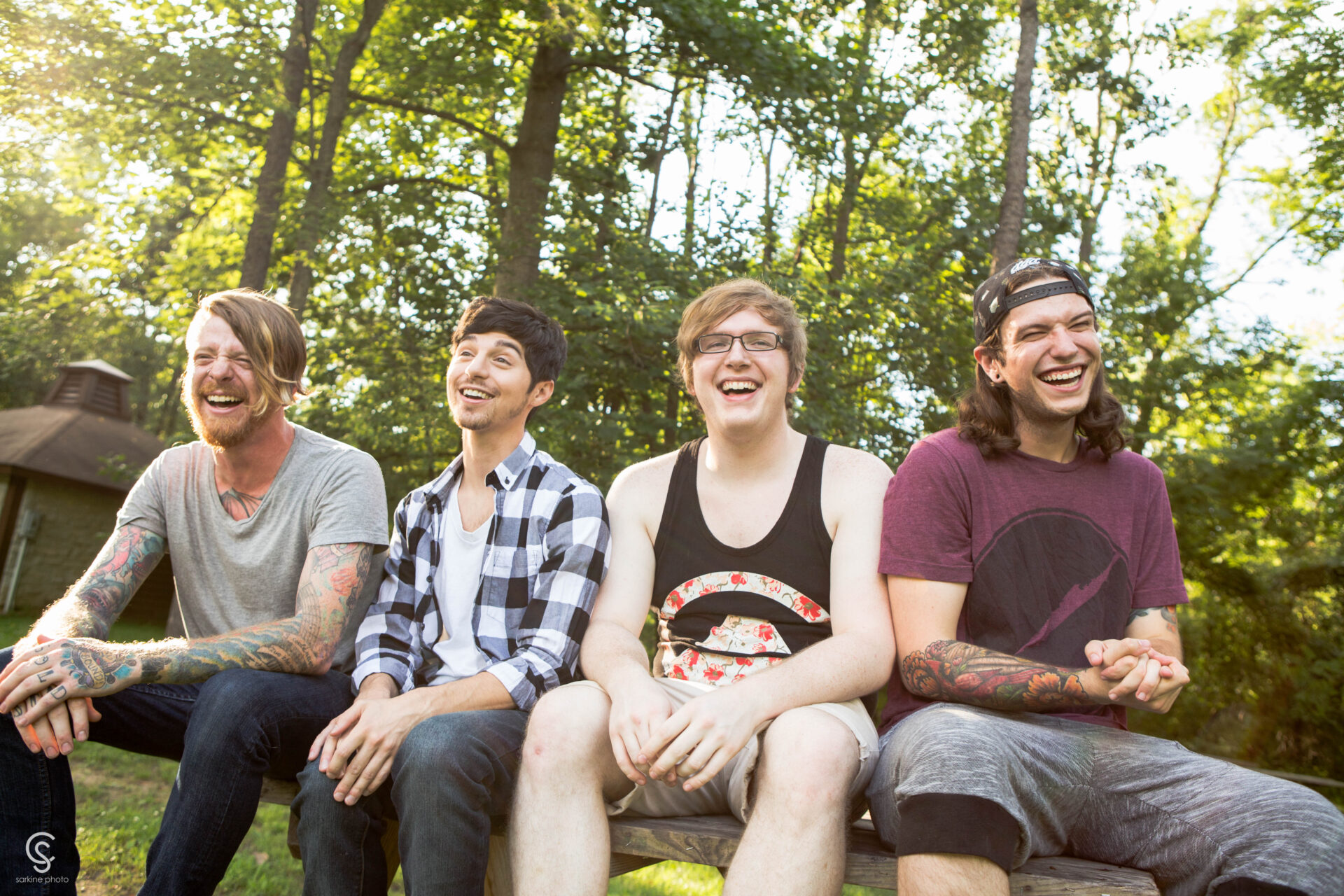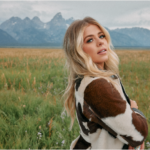It would be amazing if everyone we called a friend in this life fully and truly supported us. Having that strong bond with people around you is one of the best feelings you can have. Unfortunately, that’s not always the case. People may not have our best interests at heart from the beginning, or maybe we just grow apart. Either way, for our own sake we sometimes need to cut people out of our lives. Kinnie Starr discovered that during her recovery from a brain injury caused by a car accident in 2015, and has channeled that message into her new single, “I’m Ready.” We’re excited to premiere the track here on Substream today alongside a short interview with Starr about her experience.
For addressing a topic that can be a tough decision to make, “I’m Ready” is a remarkably optimistic track. Starr chooses to focus on the positive aspects of moving on, singing about the new freedom and happiness in her life. Canadian rapper Spek also contributes a verse along those same lines. Musically, “I’m Ready” is a relentlessly bright and airy track, with zooming synths and a seriously captivating drum line that will hopefully give listeners the same energy, confidence, and happiness Starr expresses on the track.
You can listen to “I’m Ready” below. After listening, scroll down further to read our interview with Starr about the single, her music, and some of her other recent projects. Those projects include her upcoming eighth album Feed The Fire (which is currently available for pre-order) as well as Play Your Gender, a documentary about the gender gap in the music industry. We talked to Starr while she was taking some time relaxing in her RV near a lake before launching into promo for Feed The Fire, which will be released this fall. The interview has been lightly edited for length and clarity.
Substream: Getting into “I’m Ready,” with that head injury, what’s it like writing music based off of this very traumatic experience?
Kinnie Starr: My record label [Aporia Records] brought in a collaborator for this record, so usually I write by myself but I wasn’t able to play instruments or concentrate very well on things like that. Especially that song, “I’m Ready,” I’m really proud of that song actually because it’s really about leaving a relationship. Not a love relationship, but a friendship that was really bad for me because I started to recognize this person took a lot of joy in seeing me struggle and they took a lot of joy in watching me be injured, actually. The thing that I like about the song is some of the lines like “look at all the light we shone” and that’s really about leaving a relationship, but recognizing the great things you had in it. Those types of things for me are a win, like when I can recognize a situation was unhealthy and this person doesn’t love me or have my back, but I don’t have to have a grievance with them. And I don’t have to be carrying beef or speaking disrespectfully about them. It can just be a time that changed, it’s no longer happening. And that feels really good.
Substream: For the album as a whole, you’re now on your eighth album, how was your music evolved not just from the beginning, but specifically from the last album [2014’s From Far Away]?
KS: It’s funny, I feel like I kinda worked my career backwards because a lot of times people will group write and write with a band and make many records with a band forever, and then they’ll break off and do their own thing. But I went the other way where I have done a lot of self-motivated and self-taught, and now it’s later in my career and I’m really starting to understand the value of collaboration. Not just from having to have a collaborator for cognitive reasons, but also I reflected on the last couple of years and my mom was like ‘for someone who has been struggling physically, you’ve done a lot’ [laughs]… If I’m going to keep working in music, it will probably be on a fully collaborative level.
Substream: I know you’re also promoting the Play Your Gender documentary. Obviously anyone can tell you the gender gap is a huge issue in the music industry. What was the process of acknowledging that and then deciding to do the documentary?
KS: The inception of that project was a director who wanted to make a film about Kinnie Starr, about me, and I was like ‘oh for fuck’s sake’ [laughs]. It’s really boring talking about yourself, I’ve had friends who have had documentaries made about them and I’m just like ‘I don’t know how you did it.’ It’s years and years of someone just following you around and they’re asking you about your life. That just sounds terrible to me. I kinda spun it around and I find society much more interesting than I find my life. I like researching, so it was a joy to research that movie, I learned a lot. And my collaborators, Stephanie Clattenburg and Sahar Yousefi, they were the women I made the movie with, and it was a several year process. I knew there was a gender gap, but I didn’t realize how profound it was until I started talking to other people and doing the research. And then we were all in, because we were like ‘this is fucked.’ Everyone who is in the industry, you know that if you’re in the industry. Even with the whole #MeToo movement and the conversation being very prominent, it hasn’t really changed the state of the industry that much. Just because people are talking about it doesn’t mean the guys actually give a shit. Women and queer folks and trans people, we all know that there are problems, but the people who are not acknowledging the problem, they don’t really care because they’re like ‘well I still have this feed of power, so you guys go ahead and chitchat while I’m just going to stay over here.’ It’s been… I can see a lot of organizations popping up. There’s the Keychange movement which is amazing, which I think over 40 festivals signed onto it [Keychange lists 109 festivals across the globe at time of publishing], which they’re making a commitment to hire 50 percent female acts. There’s cool momentum, but inside the industry itself I don’t know. There’s got to be so much more activity, just because you start a Facebook page doesn’t mean anything’s fucking changing.

